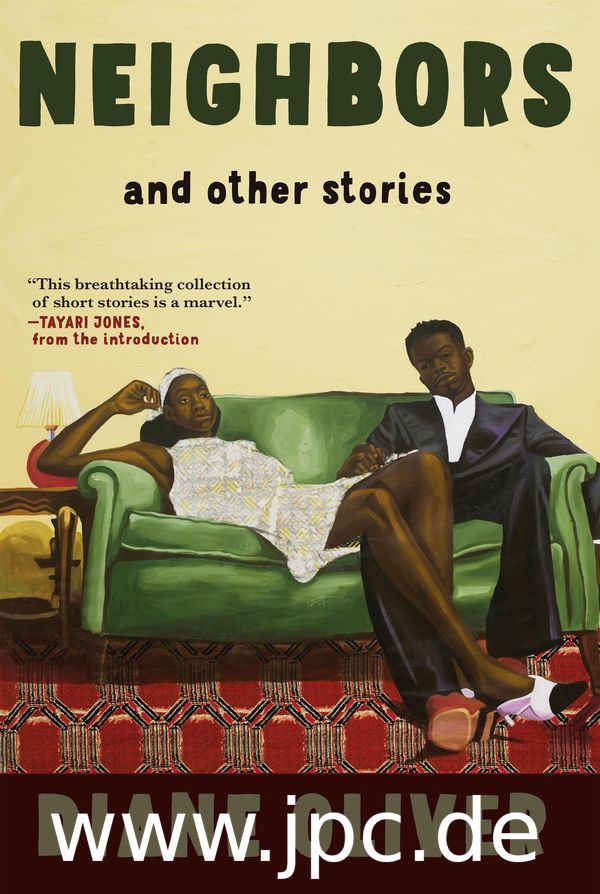
It may seem unfair to read a debut story collection by a 22-year-old woman right on the heels of reading the final short stories written by a Nobel Prize winner. However, Oliver’s work stands up to the comparison. In fact, although Munro’s stories take place in Ontario and Oliver’s mostly in the South, they seemed quite similar.
Both are almost all about women, ordinary women, with piercing insight as to the reality of their lives. While Munro’s works remind me of how confining women’s roles were in the middle of the 20th century, before feminism’s Second Wave, Oliver’s open up the lives of Black women at the dawn of the Civil Rights Movement.
In the title story, young Ellie is helping her little brother Tommy get ready for bed. In the morning, the first-grader will be integrating the local school. Oliver captures the nuances of concern and caring and determination of the children as well as the parents. His father says, “‘I keep trying . . . to tell myself that somebody’s got to be the first one and then I just think how quiet he’s been all week.’” In a later story a young woman goes off to college to oblige her parents but inwardly hates being “the Experiment.”
In other stories, parents struggle to care for their children in the Jim Crow South. A few deal with mothers who’ve been left behind by husbands who’ve gone north as part of the Great Migration. One packs her children onto a bus and takes them to meet the father who hasn’t written in months. In response to her daughter’s question, she says, “‘I couldn’t know for sure. … We had to work toward something. Don’t you see? We wouldn’t have ever gotten out if we didn’t work toward something.’”
These stories go beyond the stereotype of the strong Black woman. We see their weaknesses and accommodations. Oliver’s subtle prose shows the self-deception of a rich doctor’s wife and the blank face that a maid turns to her employer. We walk with a young woman as she heads to her first lunch counter sit-in.
So much meaning is packed into each sentence of these stories, each gesture, each bit of dialogue. What is left unsaid rumbles beneath the text, driving the characters down what comes to seem an inevitable road.
Sadly, this brilliant writer died in 1966, only 22 years old. At the time, she’d had four stories published in journals, so was just beginning her career. I’m grateful for this new collection of her work, and so terribly sad that she couldn’t have been with us longer.
These are some of the best short stories I’ve ever read. Is there a short story you’ve read that you’ll never forget?